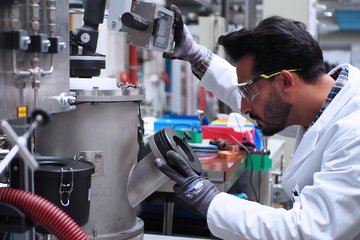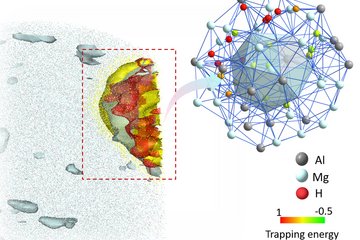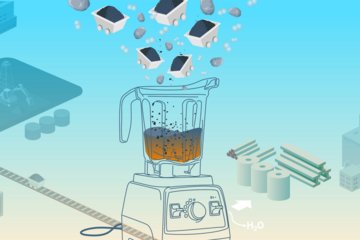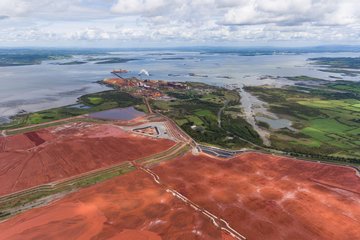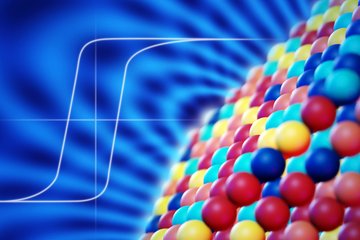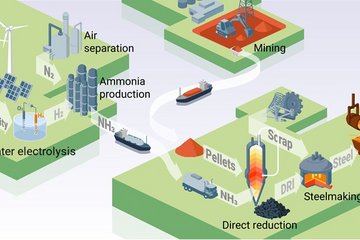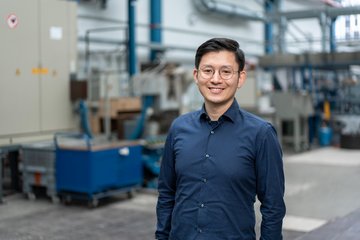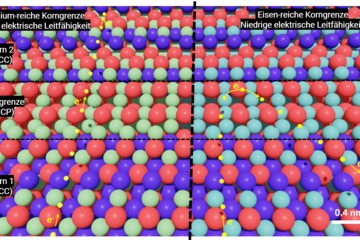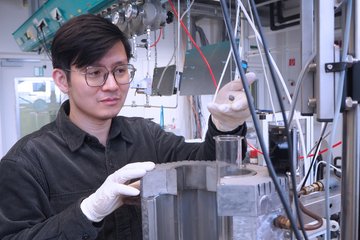Alle Typen
1.
Zeitschriftenartikel
Local reactions of KCl particles with iron, nickel and chromium surfaces. Mater. and Corr. 57, S. 159 - 164 (2006)
2.
Zeitschriftenartikel
Fundamental studies on alkali chloride induced corrosion during combustion of biomass. Materials Science Forum 461–464, S. 1055 - 1055 (2004)
3.
Konferenzbeitrag
Studies on the local reactions of thermophoretic deposited alkali chloride particles on metal surfaces. In: NACE CORROSION‘ 04, 04533. NACE CORROSION‘ 04, New Orleans, LA, USA. (2004)
4.
Konferenzbeitrag
Local reaction between NaCl and KCl particles and metal surfaces. In: Proceedings of EUROCORR '04, 1. Proceedings of EUROCORR '04, Nice, France, 2004. (2004)
5.
Vortrag
Local reactions between NaCl and KCl particles and metal surfaces. EUROCORR, Nice, France (2004)
6.
Vortrag
Studies on the local reactions of thermophoretic deposited alkali chloride particles on iron surfaces. NACE CORROSION‘ 04, New Orleans, LA, USA (2004)
7.
Poster
Local reactions of KCl particles with Fe, Ni and Cr surfaces. EFC Workshop: Novel approaches to the improvement of high temperature corrosion resistance, DECHEMA, Frankfurt, Germany (2004)
8.
Poster
Fundamental studies on alkali chloride induced corrosion during combustion of biomass. 6th Int. Symposium on High temperature Corrosion and Protection of Materials, Lez Embiez, France (2004)
9.
Poster
Fundamental studies on alkali chloride induced corrosion during combustion of biomass. 18. Stahlkolloquium, Eurogress Aachen, Aachen, Germany (2003)

